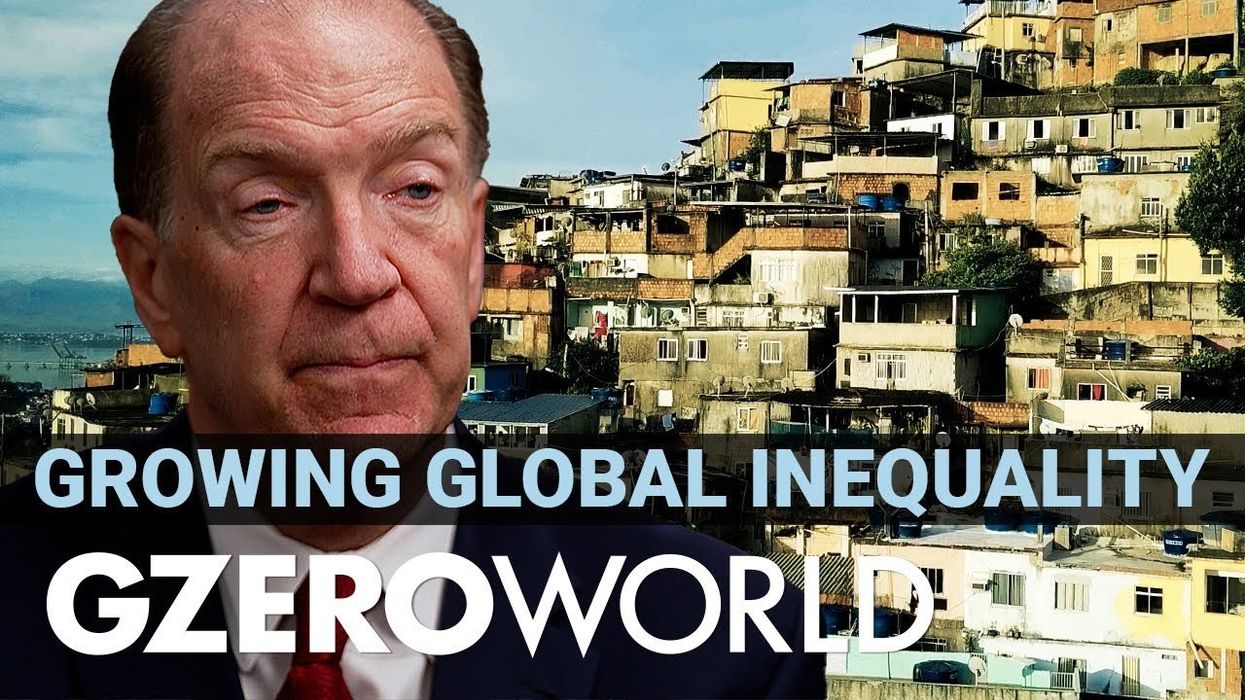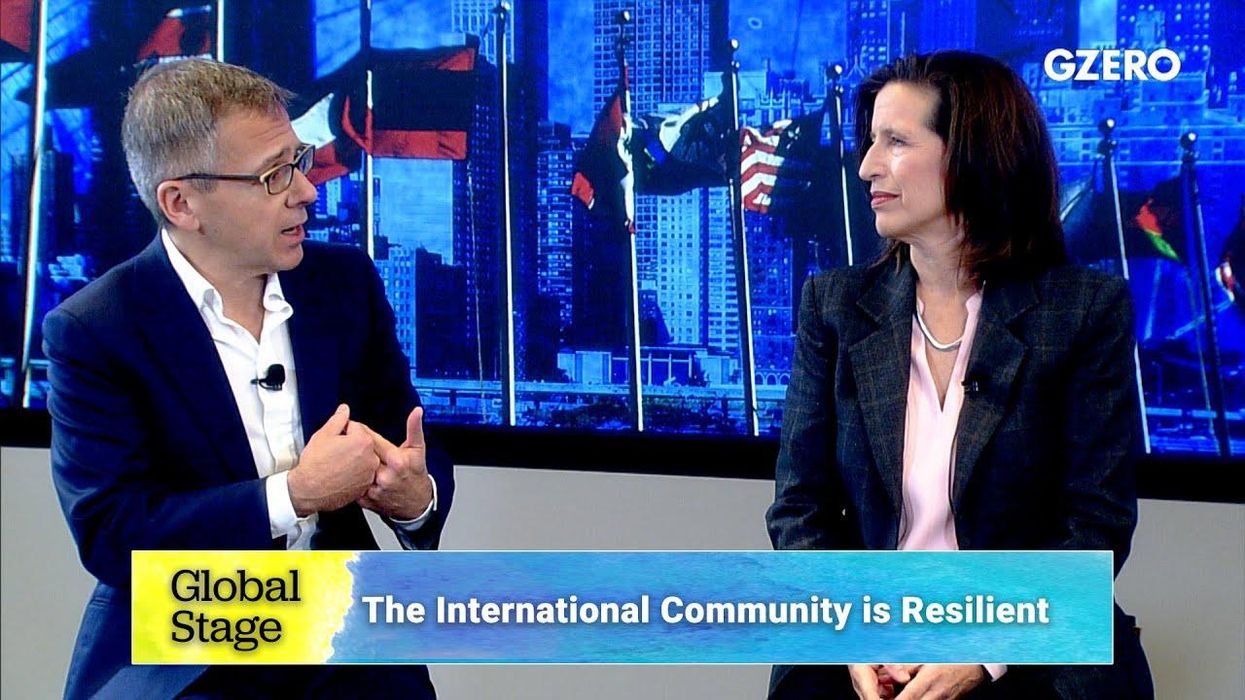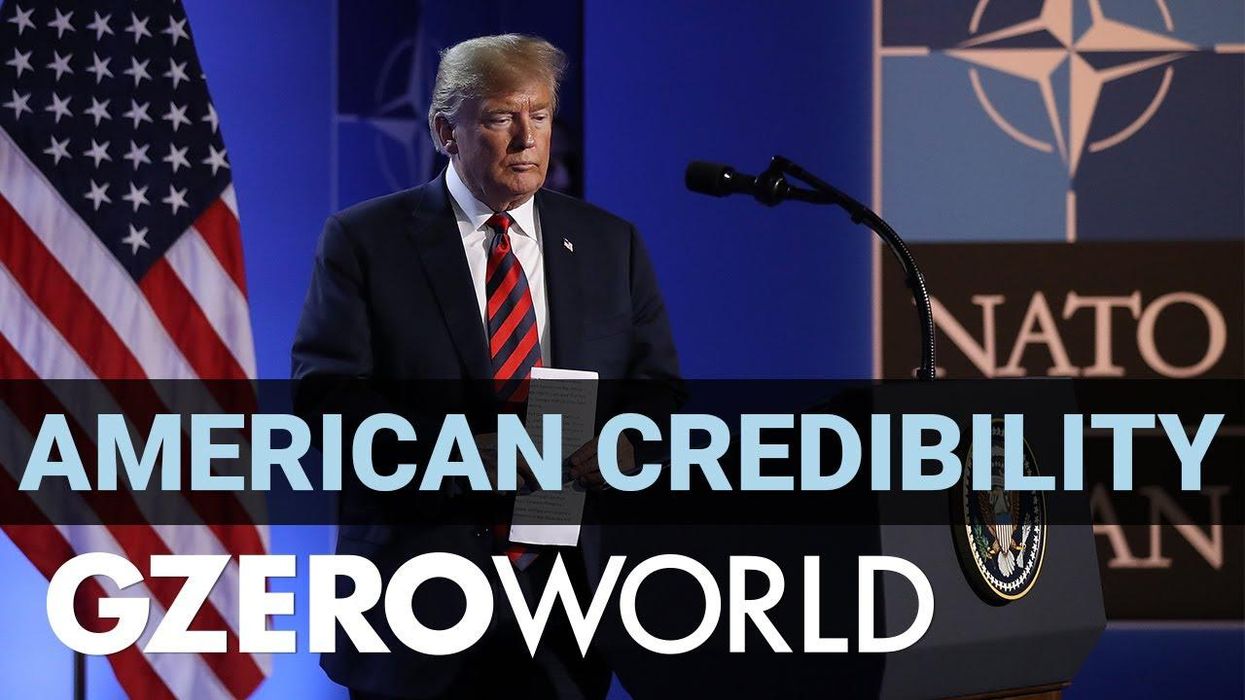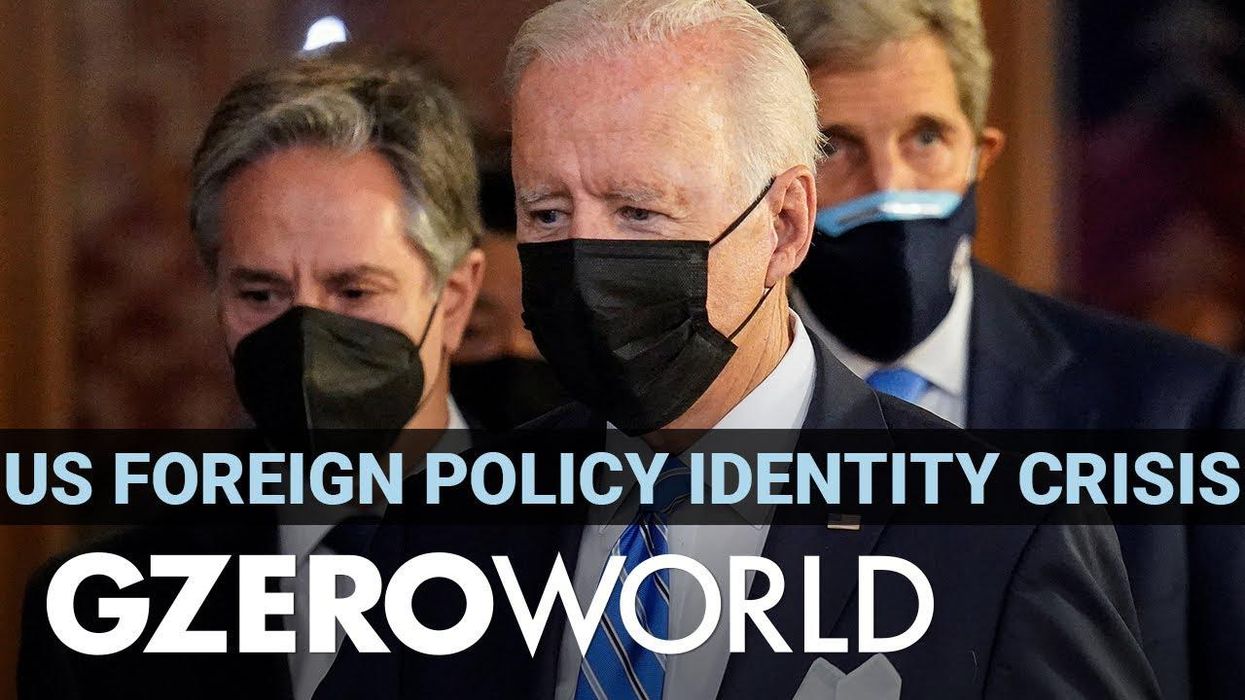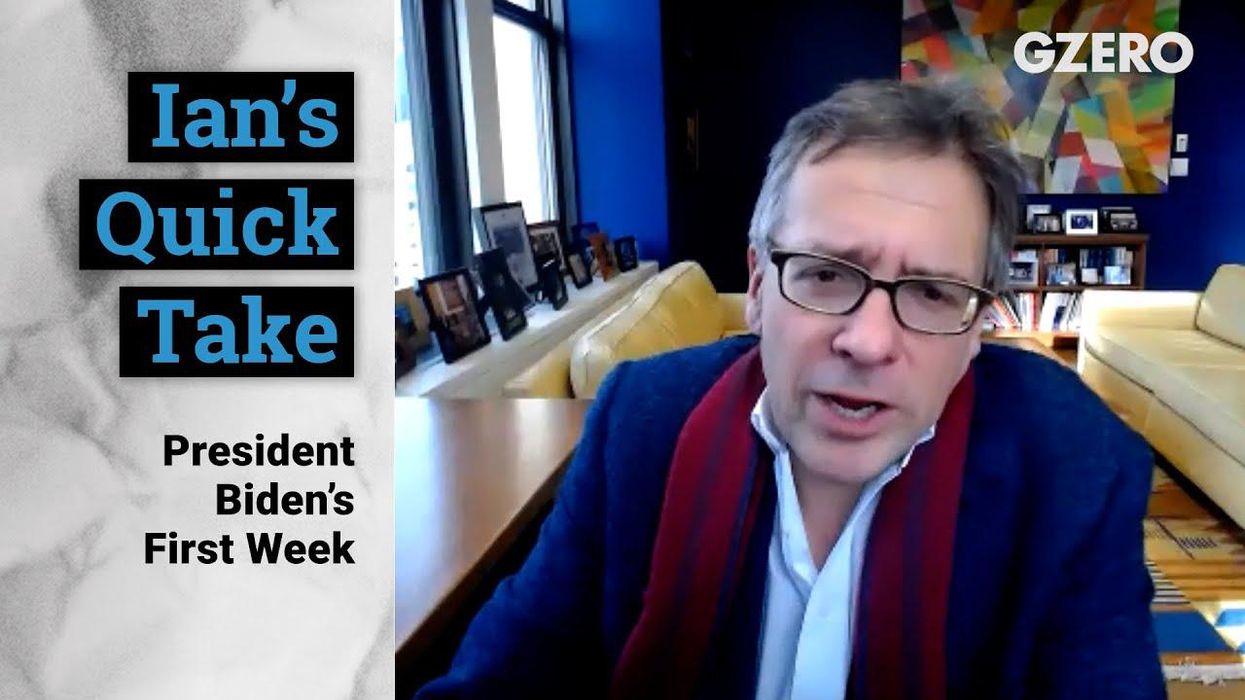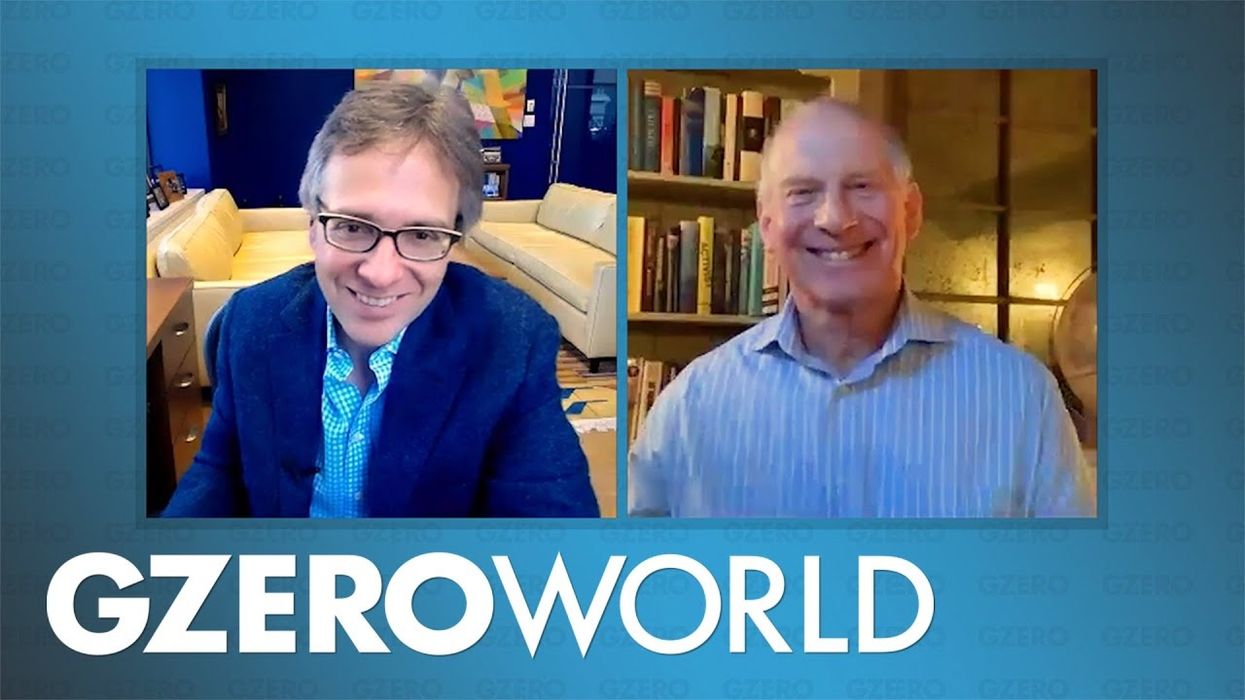GZERO World Clips
Debt limits of rich countries hurt poor countries' growth, says World Bank's Malpass
Does the global financial system need a major overhaul? In his final interview on GZERO World as president of the World Bank Group, David Malpass discusses a serious problem with host Ian Bremmer: the consolidation of economic and political power in the hands of the wealthiest countries.
May 29, 2023
